57 “The Coo Coo Bird” by Clarence Ashley
13October 17, 2011 by gadaya
We are now entering the third volume of the Anthology, the one called “Songs”. Folk songs can take different forms and have an infinite number of topics, they can be very old or passed down from just a few generations, but from all the folk types of expressions, they seem to be the more suited to express the personal, the intimate, the spontaneous feelings of the singer. In the ballad type of singing, an impersonal and non judgmental narrative is the norm while more often than not, the subject, the “I”, is very present in a folk song. The Blues is a good example of this and should be classified among folk songs, as the Blues singer is free to take from a large number of stock-phrases or creates his own verses on the spot, to express his immediate feelings through a song. In this volume of the Anthology we will encounter many Blues songs and also many Appalachian “folk-lyric” songs that freely uses random phrases or “floating verses” in a non-narrative way.
The Coo Coo Bird (or “The Cuckoo”) is a perfect example of a non-narrative song with a very complex and old history. As early as the 13th-century, the cuckoo bird made his appearance in this english round song sung in a Wessex dialect called “Sumer is Icumen In” which translate to “Summer has come in” or “Summer has arrived”.
Summer has arrived,
Loudly sing, Cuckoo!
The seed grows and the meadow
blooms
And the wood springs anew,
Sing, Cuckoo!
-Hear Richard Thompson’s rendition of “Sumer Is Incumen In” from his live cd “1000 years of popular music”
In many traditions, hearing the bird’s call is a first harbinger of the spring. But the roving bird is also a symbol of adultery (maybe because some female species have the particularity to lay their eggs in the nest of other birds) and of the inconstant lover. In the english versions of the song, the cuckoo conjure up all these ideas in a lyrical lament about deceptive love.
Here are a three english versions, all different in lyrics and melodies, by some of my favorite english traditional female singers: Anne Briggs, Shirley Collins and Maddy Prior

Like many other english songs and ballads, The Cuckoo crossed over the ocean and found its place in the american folk repertoire. In the Appalachian mountains, the song survived in different forms: For some, usually women, it remained a lyrical song about lost love and the inconstancy of lovers. Often sung a cappella or with the gentle strum of a mountain dulcimer, the song retains some of the characteristics and contents of the old world version.
Here are some recorded examples of Appalachian singers, young and old, women and men who sing “The Cuckoo” in this manner:
Jean Ritchie, John Jacob Niles, Mr Sams (from “Mountain music of Kentucky”) and Elizabeth LaPrelle (from her great new cd “Bird’s Advice”)
But many men in the mountains would add some verses about gambling and rambling and turn it to a banjo song.
– Clarence Ashley’s “Coo Coo Bird” (for more about Clarence Ashley, including recordings, go to this previous post)
Black banjo players and songsters had their own unique way of playing and singing The Cuckoo with the banjo. Very reminiscent of african traditional music, their approach is both very rhythmic and improvisatory.
-Hear Rufus Kasey, Dink Roberts, John Snipes, John Calloway and John Lawson Tyree
Black and white songsters would often combine lyrics of different songs in one performance, so, for example, elements of “Stewball”, (an Irish song about a 18th-century racehorse that made his way to America and eventually became a black work-song), “Molly and Tenbrooks” (another racehorse song, this time happening in Kentucky, but often linked to the previous one), “Rye Whiskey” or “The Wagoner’s Lad” would often pop-up in a performance of “The Cuckoo”. That’s the way the folk process works, linking songs with the same verse meters or similar subjects and melting them all in one.
-Let’s hear Texas Gladden (“Old Kimball”) and her brother Hobart Smith (“The Cuckoo Bird”)
During the folk revival of the 1950’s and 1960’s, the song will be heard and played by a new generation, thanks to the Anthology and The New Lost City Ramblers (both John Cohen, Mike Seeger and Tom Paley played it on the banjo). With its simple two chords structure and melody, the song adapts itself well on the guitar also but the challenge for many was to reproduce Clarence Ashley or Hobart Smith’s rolling licks on the banjo. It adapts itself well also to different popular musical styles, like Bluegrass, Rock or the kind of acoustic folk heard today, but not every musician is capable of turning it to a real inspiring piece of music and there are many rather boring “Cuckoo” versions out there…
I will end with 10 other versions of the song that I enjoy, from different periods and musical genres…
- The Cuckoo She’s A Fine Bird- Kelly Harell (Worried Blues)
- Coo-Coo Bird – Howie Tarnower (Folk Music of Washington Square)
- The Coo Coo Bird- Jim Greer & The Mac-O-Chee Valley Folks (Sound Traditions: The Best Of Mountain Bluegrass)
- The Cuckoo- Jim Kweskin (Relax Your Mind)

- Coo Coo- Janis Joplin (Box of Pearls)
- Coo Coo-Townes Van Zandt (Roadsongs)
- Coo Coo Bird-Mike Seeger (True Vine)
- The Cuckoo- Tom, Brad & Alice (Holly Ding)
- The Coo Coo- The Dust Busters (The Dust Busters)
- The Coo Coo- Casey Joe Abair & Hunter Robertson (If You Want to Go to Sleep, Go to Bed)







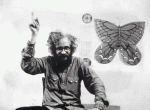
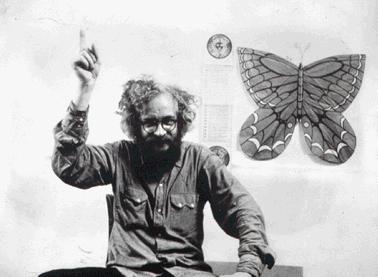







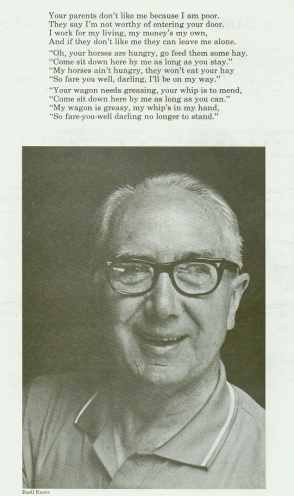
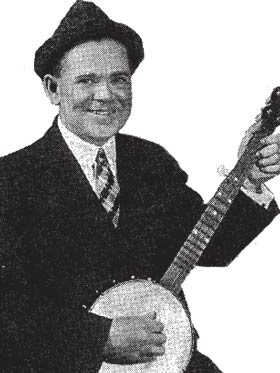
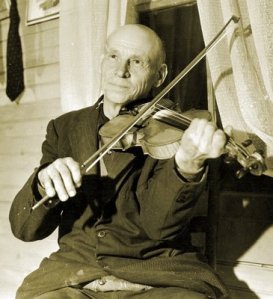


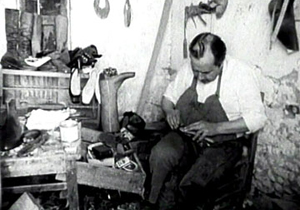
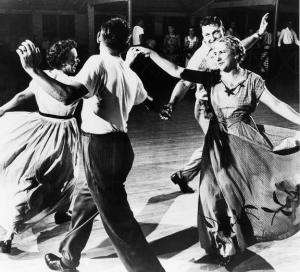




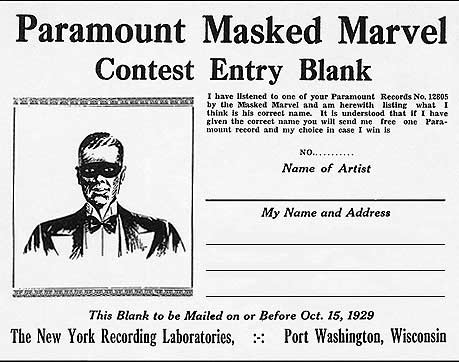

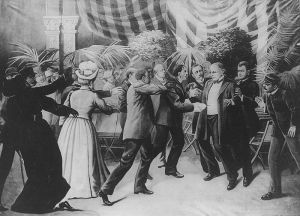





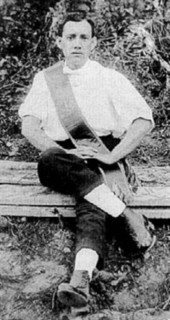
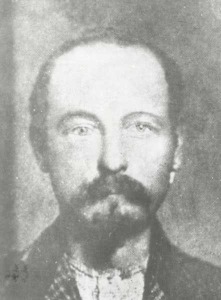
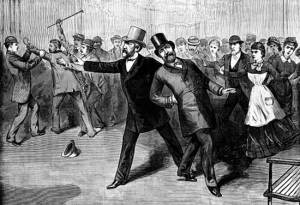
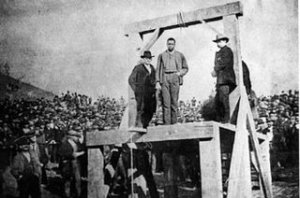
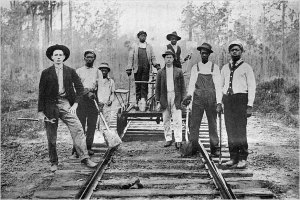







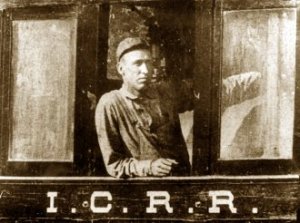





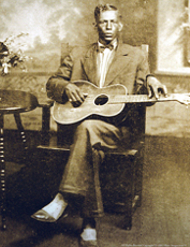
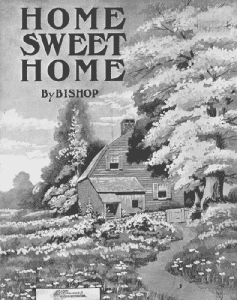



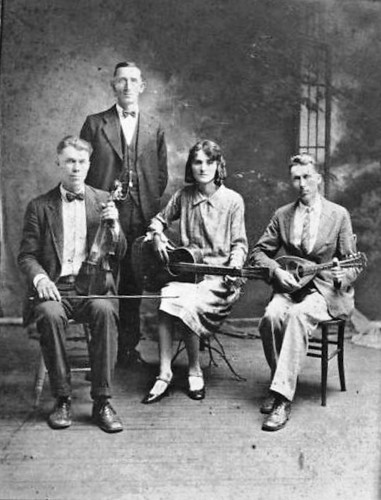




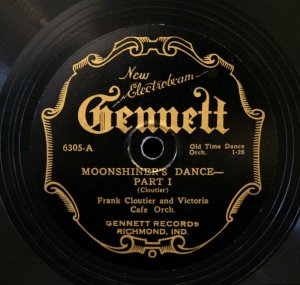











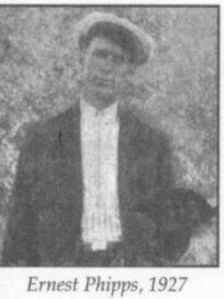





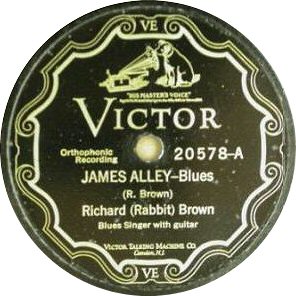
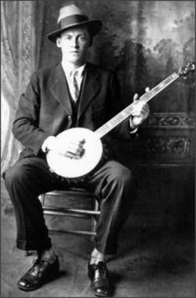


Thanks so much for this post. This is a favorite song of mine.
Only one of thew links worked – that is the Clarence shley one?
Been waiting for this post. Also a favorite of mine too. Thank you and… Welcome back! I trust your trip was fun and fruitful.
Your efforts are incredibly helpful, worthwhile and give loving this music a fine polish. Thank you.
Just discovered this blog and right at the beginning of “Songs”, my favorite of the three, nice. You’re doing a great job!
These posts are always interesting. I’m adding my version of the Coo Coo to the batch, if I can successfully embed it here:
Glad to have you back.Loving these bird tunes and the history!
JS
Great stuff! I got into old-time music and the banjo after hearing Clarence Ashley’s version played in the documentary ‘Desperate Man Blues’ – there was something addictively meloncholy about it.
Just found your blog – needless to say it is now on my favourites list 😉
Thanks. Great track from the Anthology!! I wonder if you will let us know a bit about your trip in some way ……
I continue to find this one of the very best sites on the Internet. You need to find the version of “The Cuckoo” by 70s California group Oganookie, featuring the great banjo virtuoso George Stavis.
You might also like a related song, “Song of the Cuckoo” by Billy Faier. http://billyfaier.com/beast.htm
a great song that each new generation can make its own.
Many thanks for this info – a real labour of love!
Henry Leck has put out a terrific choral arrangement on this.